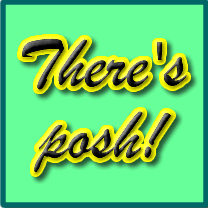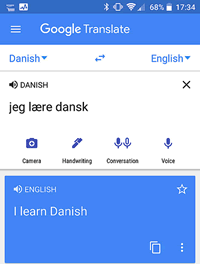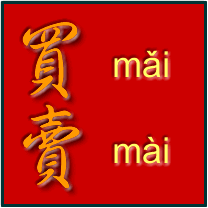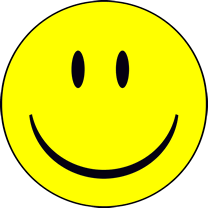The other day I realised that one reason I like languages is because I enjoy just saying foreign words and phrases, especially ones that contain sounds and combinations of sounds not used in English. I imitate native speakers as best I can – not just the sounds of the words, but the intonation, and even pitch of their voices as well.
At the moment I’m learning Swedish, Danish, Russian and Slovenian. I started learning Swedish out of interest in the language, and because I like the sound of it, and have fun pronouncing it. I started learning Danish and Slovenian in preparation for trips to Denmark and Slovenia, but also enjoy pronouncing them. I’ve been learning Russian on and off for years for various reasons, and enjoy pronouncing it.
Maybe I’ll learn some other languages just to have fun pronouncing them. Languages with clicks, like Zulu and Xhosa, or with ejectives, like Georgian. I already know some songs in these languages, so it would be quite useful to know a bit more about them. It would also be interesting to visit places where they’re spoken, and to use them, but that would not be a priority.
If I do this, I would search for the most interesting-sounding words and phrases, and also tongue twisters, rather than focusing on the most common words and grammatical patterns. I probably wouldn’t learn to speak and understand the languages, but would have fun anyway.
Here are some tongue twisters to play with:
And here’s a tongue twister in Xhosa:
Have you learnt, or are you learning, any languages because you like the sound of them and enjoy pronouncing them?








